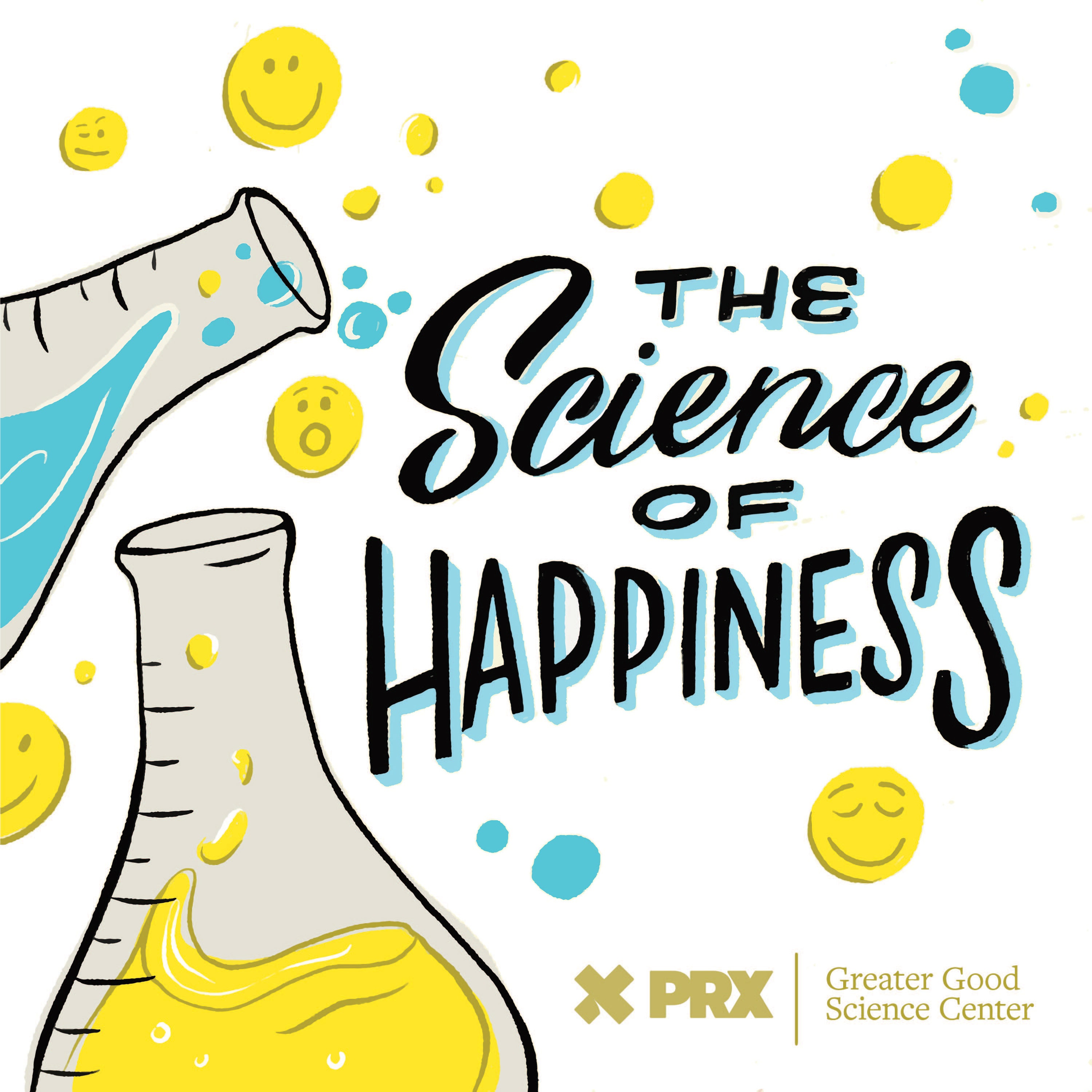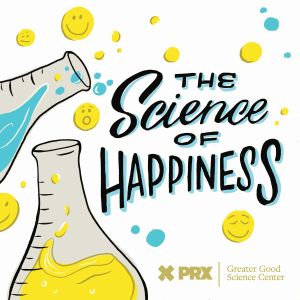We can't find the internet
Attempting to reconnect
Something went wrong!
Attempting to reconnect

Access AI content by logging in
We all overestimate how much we know. Our guest tries a practice in slowing down to ask more questions, and finds it leads to higher quality connections.
Link to episode transcript: https://tinyurl.com/3mxt2f5e
Episode summary:
What happens when we pause and open up to ideas that we didn’t think of ourselves? This episode is about intellectual humility, the ability to surrender to the idea that we might not have all the information or may not be right. Our guest is Kelly Corrigan, a best-selling author and host of PBS talk show Tell Me More and podcast Kelly Corrigan Wonders. Her teams look to her for direction, but she wanted to see what would happen if she paused more to ask them questions, and found it totally changed her approach to both her work and family life. We also explore science around the subtle ways we react differently to people we disagree with, and how intellectual humility can change that.
Try this practice: Cultivate Intellectual Humility
If you can, write out your answers.
When you encounter information or an opinion that contradicts your opinion or worldview, ask yourself questions like these:
Why do you disagree?
Are you making any assumptions? Might those assumptions be wrong?
How did you come to your opinion?
Think about the scenario from the perspective of a person who disagrees with you. Try to imagine how they came to believe what they believe:
What information might they be basing their opinion off of?
What values do you think they’re weighing in how they think about this topic?
Can you imagine how they came to hold those values?
3. Tap into your intellectual humility:
Identify places where, before, you didn’t acknowledge the limitations of what you know
Now that you’ve worked to see this issue from another person’s point of view, do you see more value in their perspective?
Today’s guests:
Kelly Corrigan is the author of five books. She’s also the host for PBS’s longform interview show, Tell Me More and Kelly Corrigan Wonders*.*
Check out Kelly’s website: https://www.kellycorrigan.com
Follow Kelly on Twitter: https://twitter.com/corrigankelly
Follow Kelly on Instagram: https://www.instagram.com/kellycorrigan/
Mark Leary is a psychologist and emeritus professor at Duke University.
Learn more about Mark and his work: https://sites.duke.edu/leary/
Check out Mark’s research on Google Scholar: https://tinyurl.com/p8ayz8dn
Resources from The Greater Good Science Center:
What Does Intellectual Humility Look Like? https://tinyurl.com/5n949h69
Five Reasons Intellectual Humility is Good for You: https://tinyurl.com/2ce3jrmc
Intellectual Humility Quiz: https://tinyurl.com/574k99fs
Three Reasons for Leaders to Cultivate Intellectual Humility: https://tinyurl.com/2s4ecda6
How to Know if You’re Actually Humble: https://tinyurl.com/y8js44v
More Resources on Intellectual Humility
Vox - Intellectual humility: The importance of knowing you might be wrong: https://tinyurl.com/2cryd336
Financial Times - Why Intellectual Humility Matters: https://tinyurl.com/5n84hsh7
Psych Central - How Humility Strengthens Your Relationship: https://tinyurl.com/2fj9a4wh
University of Notre Dame - To Make Better Decisions, Get More Comfortable Saying “I Don’t Know” https://tinyurl.com/3npysxh8
Tell us about your thoughts on intellectual humility. Email us at [email protected] or use the hashtag #happinesspod.
Help us share The Science of Happiness!
Leave us a 5-star review on Apple Podcasts or share this link with someone who might like the show: https://tinyurl.com/2p9h5aap
This episode was supported by a grant from the John Templeton Foundation, as part of our project on "Expanding Awareness of the Science of Intellectual Humility." For more on the project, go to www.ggsc.berkeley.edu/IH.
